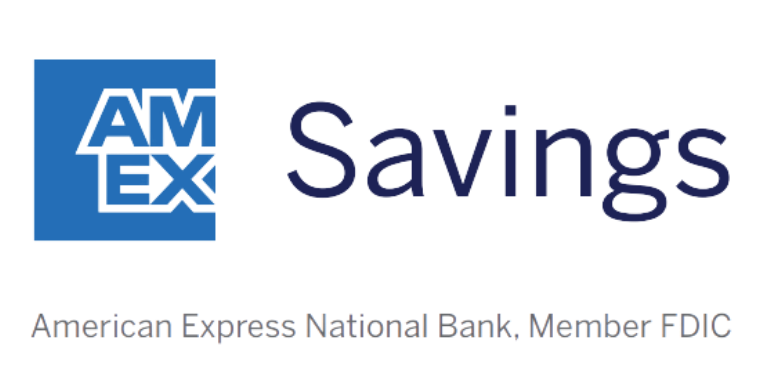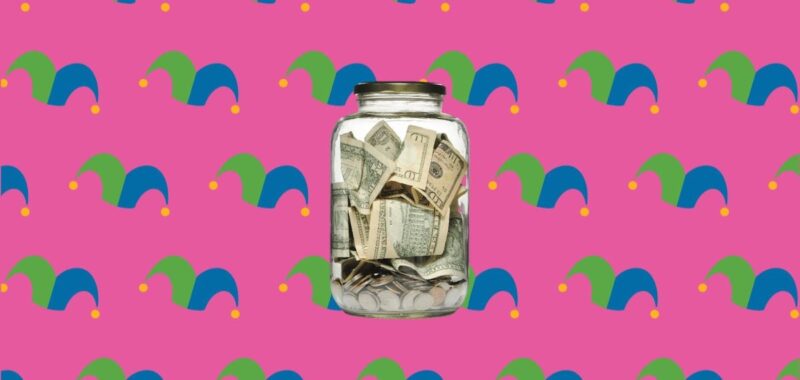Here it comes — the end of CD rates at 5%. This week, the Federal Reserve is expected to announce the first in a series of federal funds rate cuts. The higher rates were intended to improve rampant inflation, and they seem to have worked. As of the most recent Consumer Price Index summary report, inflation stood at 2.5% — a great improvement over its peak at 9.1% in June 2022.
The Federal Reserve doesn’t set consumer interest rates on savings accounts, CDs, or credit cards, but the federal funds rate is one of the factors heavily influencing them. So if that rate goes down, having cash in the bank will become less profitable, and Americans will be able to borrow money more affordably.
I’m missing the boat on CDs, personally — here’s why.
I’m a brand-new retirement investor
The main reason I’m not bothering with CDs is because I’m targeting bigger returns than just 5% — and over a much longer period than a CD will give me. Most CD terms fall between six months and five years, although you can find shorter-term CDs of just three months and longer-term ones of seven or 10 years. But my plans for my savings are ideally spread over 25 to 30 years — or possibly longer.
Our Picks for the Best High-Yield Savings Accounts of 2024
|
Capital One 360 Performance Savings 
APY 4.25%
|
APY 4.25%
|
Min. to earn $0 |
|
CIT Platinum Savings 
APY 4.85% APY for balances of $5,000 or more
Min. to earn $100 to open account, $5,000 for max APY
|
APY 4.85% APY for balances of $5,000 or more
|
Min. to earn $100 to open account, $5,000 for max APY |
|
American Express® High Yield Savings 
APY 4.25%
|
APY 4.25%
|
Min. to earn $0 |
I’m 40, and I just opened my first-ever retirement account, a traditional IRA. I never earned enough money to make this move before, and I was also never privy to employer-sponsored retirement accounts with matched contributions.
I’m getting started rather late, but I’m hoping that giving myself a long window (25-30 years), making regular weekly contributions, and using a robo-advisor will make the process easier and give me a better chance of growing wealth over time.
Sure, a 5% CD for a 12- or 18-month term sounds great — but 10% over two or three decades sounds even better. The average stock market return over the last 50 years is 10% annually, and that accounts for good years and bad.
Since I’m willing to commit my money for 25 or 30 years, I stand a pretty good chance of growing it much more than I would in a series of CDs over the same period — especially since those 5% CD rates are pretty unusual.
My cash savings are dedicated to other goals
I might be prioritizing making weekly contributions to my IRA right now, but this doesn’t mean I don’t also have other plans for cash I don’t need for that or my bills. For now, I’m taking a break from adding to my emergency fund, because I’ve reached my initial goal of six months’ worth of regular expenses in it.
But I have a few other short-term goals to save for, including a few short trips I’m taking and the new living room TV I hope to buy toward the end of the year. A CD just isn’t the right place for any of that money, so instead I’m putting it into my high-yield savings account. It’s a little disappointing to have missed out on the CD craze and the days of 5.00% APYs — but opening one just for the sake of it isn’t a good idea.
Are CDs right for you?
CDs might not be a fit for my money, but they could be for you. CDs are a great option for money with a predetermined goal that has a set timeline. For example, you know you’ll be spending $5,000 on a dream honeymoon in 18 months, or you have a child starting college in five years.
Since CDs come without the risk of money loss (assuming you open one with an FDIC-insured bank and don’t break the CD’s term early and have to pay an early withdrawal penalty), they’re a solid choice for shorter-term savings. You get a predictable return without the interest rate fluctuations you’d see in a high-yield savings account — or the risk of loss you’d encounter if you were to invest that money in the stock market short term.
If that sounds good to you, now is the time to act. After the Federal Reserve announces its first rate cut (likely later this week!), we’re expecting CD rates to fall across the board. If you want that 5% return on your money, open a CD sooner rather than later.

